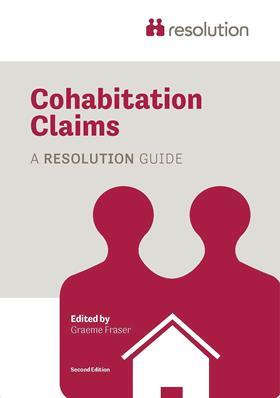The Negligence Liability of Public Authorities (2nd edition)
Duncan Fairgrieve and Dan Squires QC
£225, OUP
★★★★★
In 2005, Lord Bingham concluded the foreword he contributed to the first edition of this book with the words ‘a second edition will soon be called for’. No doubt it was. Unfortunately, 14 years had to elapse before the response to that call was to appear in print.
The essential difficulty facing anyone who writes – or, for that matter, reads – a book which attempts to explain the law relating to the negligence liability of public authorities is that, as the authors engagingly admit on their first page, it ‘has proven to be an area of law that is remarkably resistant to the development of a coherent and stable set of legal principles’. Further ample evidence of the truth of this statement is to be found in the remaining 837 pages of the text, which also demonstrate how valuable this book is to any lawyer whose practice covers this field of law. The text is supported, and made more easily accessible, by a 14-page table of contents and a truly excellent 50-page index, along with tables of cases and legislation which together total another 34 pages.
Although the book is presented as a unitary whole, there is a clear structure in terms of two parts. The first part consists of seven chapters (and 353 pages) dealing largely with matters of general application rather than being structured on a subject-specific basis. These matters range from the constitutional problem of justiciability to an extensive discussion of the nature of the duty of care, and such old chestnuts as liability for pure economic loss, psychiatric harm and omissions. The Human Rights Act appears here, as well as being given a chapter of its own.
Specific chapters deal with cases arising from social services; education; police; detention; emergency services; health and safety regulators; planning, environmental; banking and professional regulation (being consigned somewhat incongruously to a single chapter); highways; housing and land use; armed forces; and finally a very mixed bag of miscellaneous public authorities functions including, for example, such diverse topics as licensing of drugs, provision of social security benefits, the Land Registry, and taxation advice and decisions.
The incoherent and unstable nature of much of the law which falls within the scope of this book means it benefits greatly from frequent citation of academic sources, which may be of considerable potential assistance to any practitioners who are faced with needing to construct a pathway of argument through a quagmire of inconsistent judicial authorities.
It is to be hoped that the wait for a third edition will be significantly shorter than the wait for this one has been.
Ian McLeod is former head of law, London Metropolitan University
Cohabitation Claims: A Resolution Guide (2nd edition)
Graeme Fraser
£60, Resolution

Family lawyers are often concerned by their lack of familiarity with the Civil Procedure Rules, and it can prove challenging to advise on complex case law relating to cohabitant property claims. This new edition provides family law practitioners with practical guidance through each stage of the process, from initial instruction to final hearing. Written by experienced Resolution members from the bar and edited by Graeme Fraser, chair of the Cohabitation Committee, this book offers a comprehensive introduction to the current law and procedure in this area. It contains significant revisions to take into account changes in the law and procedure in the last eight years.
































No comments yet